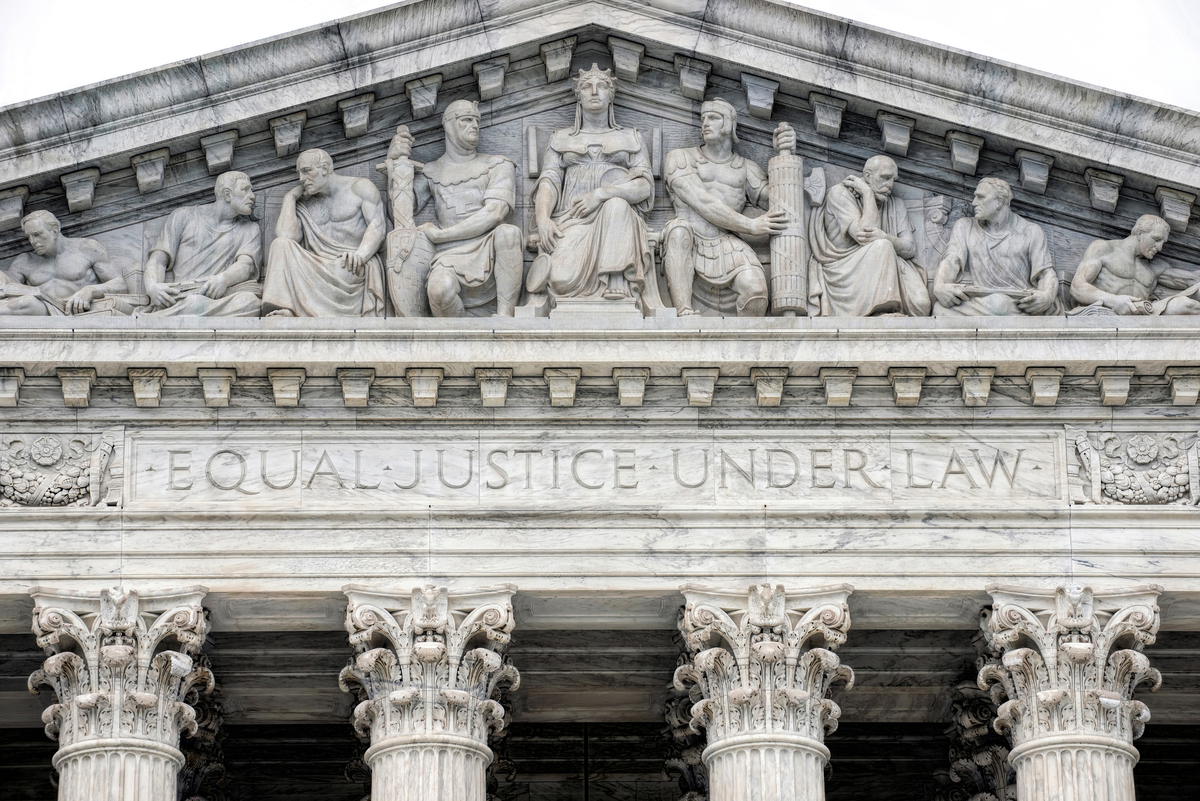Faith and Pages: How Religious Beliefs Shape Parents' Stance on LGBTQ Literature

In a pivotal hearing on April 22, the U.S. Supreme Court delved into a contentious debate surrounding parental rights and educational content, examining the delicate balance between academic freedom and religious sensitivities. Parents passionately argued that certain books in public school libraries potentially conflict with their deeply held religious beliefs, seeking greater control over the materials their children are exposed to during their educational journey.
The landmark case highlights the ongoing tension between diverse community standards and individual family values, challenging the traditional boundaries of school curriculum and library selections. As the justices listened intently to arguments from both sides, the case promises to set a significant precedent for how schools navigate the complex landscape of educational materials and parental concerns.
At the heart of the discussion is a fundamental question: To what extent should parents have a say in shaping the educational environment of public schools, particularly when it comes to literary content that may challenge their personal or religious worldviews?
